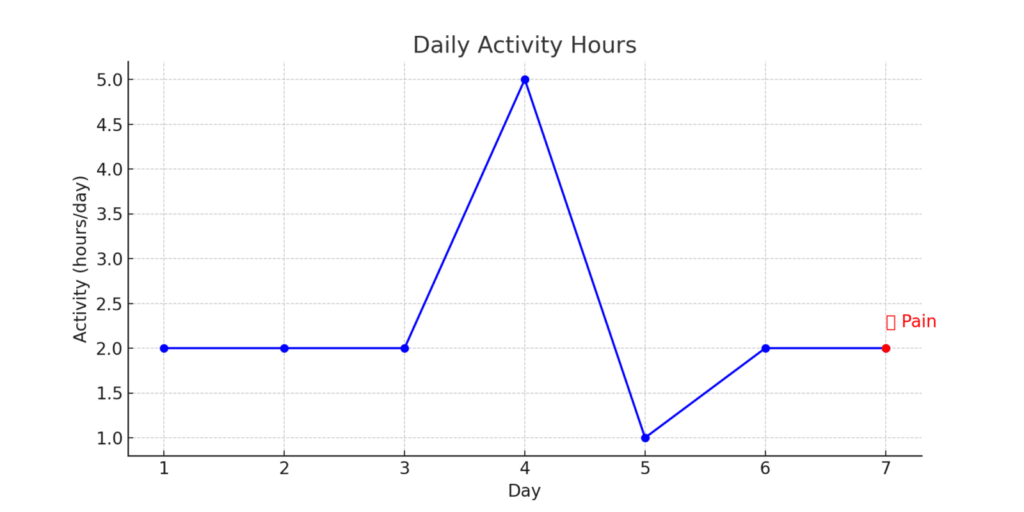In this post we discuss why you’re waking up in pain and debunk the myth that’s it’s connected to how you slept.

Pain can be deceptive when you’re looking for the potential cause.
If you touch a hot stove and recoil away in pain, there can be little doubt that the stove had something to do with the pain.
How about when you wake up and your shoulder appears sore and your movement restricted?
What is the likely cause here?
Was it really how you slept?
In these situations many people will blame how they slept. In fact ‘sleeping funny’ may be one of the most injurious activities that us humans participate in.
Let’s think about this for a minute though, does this make any sense?
We know for something to have a significant effect on your muscular system, force must be involved.
How much force enters your body as you sleep? I guess it depends on who you share a bedroom with, but for most people that’s going to be a very low number.
The worst that might happen is a joint gets pushed into a position that your muscular system doesn’t have complete control of.
Interestingly your central nervous system monitors for this type of scenario and will move you accordingly in all but the deepest stages of sleep.
So if the cause is probably not how you slept, why are you hurting?
It’s probably not what you did today
Below is a visual representation of a common scenario. Most people will blame the activity that was occurring either at the time of pain or just before it.

It’s more useful to review your activity levels from the past few days, as changes in physical exertion, rest, or routine during this period frequently provide clues to your current condition.
For example, did you perform an unusually challenging workout a few days before you woke up with shoulder pain?
Did you try a new activity? Or were you involved in a particularly difficult game of something you play frequently?
It’s these type of scenarios that are more likely to have set the scene for your present predicament.
Summary
What’s important to recognise is that the state of your muscular system is always in flux. There is no constant.
Performing random bouts of extreme activity has consequences for your body. Whilst those consequences might not become apparent immediately, they will likely show up sooner or later.
We are a biological system that adapts slowly. Train with that in mind.